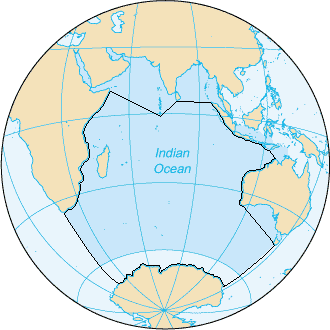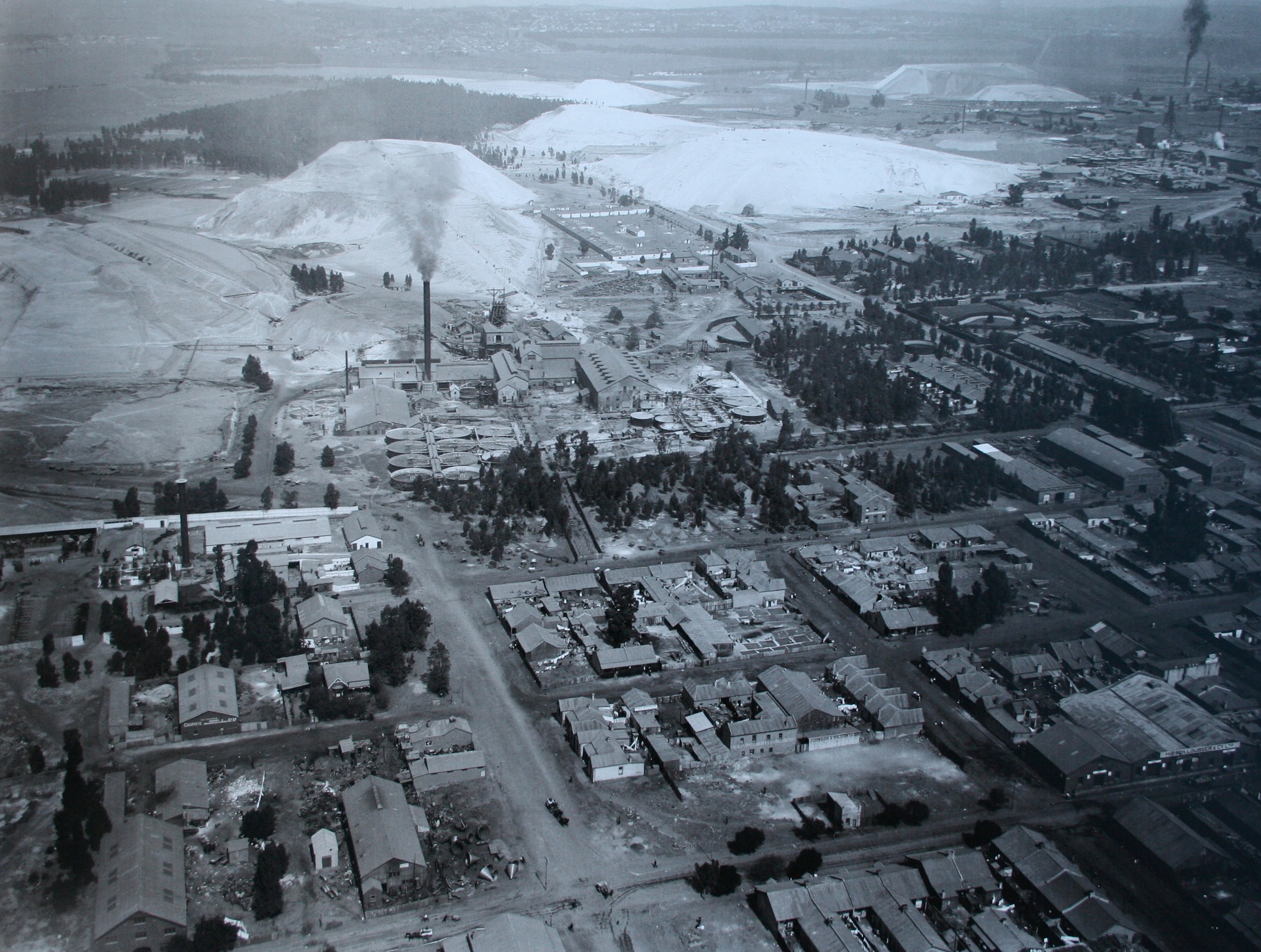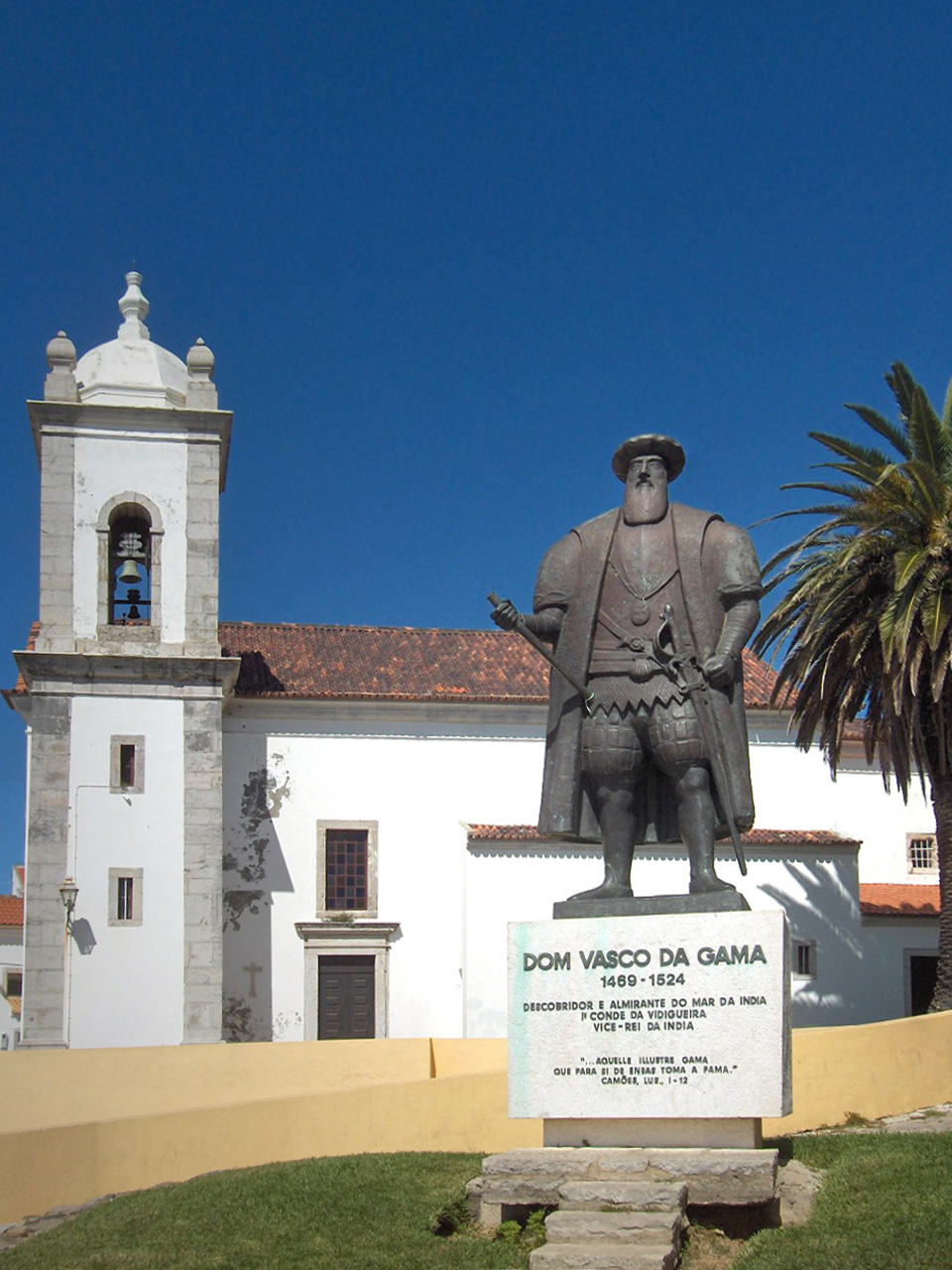|
Apostolic Vicariate Of Natal
The Vicariate Apostolic of Natal ( la, Vicariatus Apostolicus Natalensis) was a Roman Catholic missionary, quasi-diocesan jurisdiction in South Africa. Antecedents The history of the Catholic Church in South Africa goes back to 1660, when a French bishop and a few priests were saved from the wreck of the ''Marichal'' near the Cape of Good Hope. They were only allowed to land, not to minister to the few Catholics who were already in Cape Town. Only in 1803 a Catholic priest was permitted to say Mass in the Cape Colony. Joannes Lansink, Jacobus Melissen and Lambertua Prinsen landed at Cape Town in 1803; the following year they were expelled. Pope Pius VII, by letters Apostolic dated 8 June 1818, appointed Edward Bede Slater the first vicar Apostolic of the Cape of Good Hope and the neighbouring islands, Mauritius included. Slater on his way to Mauritius in 1820, left Fr Scully at Cape Town in charge of the Catholics. In 1826 Theodore Wagner became resident priest. He was succeeded b ... [...More Info...] [...Related Items...] OR: [Wikipedia] [Google] [Baidu] |
|
|
Roman Catholic
Roman or Romans most often refers to: *Rome, the capital city of Italy *Ancient Rome, Roman civilization from 8th century BC to 5th century AD *Roman people, the people of ancient Rome *''Epistle to the Romans'', shortened to ''Romans'', a letter in the New Testament of the Christian Bible Roman or Romans may also refer to: Arts and entertainment Music *Romans (band), a Japanese pop group * ''Roman'' (album), by Sound Horizon, 2006 * ''Roman'' (EP), by Teen Top, 2011 *"Roman (My Dear Boy)", a 2004 single by Morning Musume Film and television *Film Roman, an American animation studio * ''Roman'' (film), a 2006 American suspense-horror film * ''Romans'' (2013 film), an Indian Malayalam comedy film * ''Romans'' (2017 film), a British drama film * ''The Romans'' (''Doctor Who''), a serial in British TV series People * Roman (given name), a given name, including a list of people and fictional characters * Roman (surname), including a list of people named Roman or Romans *Ῥωμα� ... [...More Info...] [...Related Items...] OR: [Wikipedia] [Google] [Baidu] |
|
|
Orange River Colony
The Orange River Colony was the British colony created after Britain first occupied (1900) and then annexed (1902) the independent Orange Free State in the Second Boer War. The colony ceased to exist in 1910, when it was absorbed into the Union of South Africa as Orange Free State Province. Constitutional history During the Second Boer War, British forces invaded the Orange Free State, occupying the capital, Bloemfontein by 13 March 1900. Five months later, on 6 October 1900, the British government declared an official annexation of the full territory of the Orange Free State, this in-spite of the fact they had not yet occupied the full territory, nor defeated the Free State forces. The Free State government moved to Kroonstad during the early months of the war and its armies remained active in the field until the war's end. From the perspective of the Orange Free State, independence wasn't lost until they ratified the Treaty of Vereeniging on 31 May 1902. On the Boer sid ... [...More Info...] [...Related Items...] OR: [Wikipedia] [Google] [Baidu] |
|
|
Griqualand East
Griqualand East (Afrikaans: ''Griekwaland-Oos''), officially known as New Griqualand ( Dutch: ''Nieuw Griqualand''), was one of four short-lived Griqua states in Southern Africa from the early 1860s until the late 1870s and was located between the Umzimkulu and Kinira Rivers, south of the Sotho Kingdom. Griqualand East's capital, Kokstad, was the final place of settlement for a people who had migrated several times on their journey from the Cape of Good Hope and over the mountains of present-day Lesotho. The territory was occupied by the British Empire and became a colony in 1874, shortly before the death of its founder and only leader, Adam Kok III. A short while later, the small territory was incorporated into the neighbouring Cape Colony. Though for a long time overshadowed in history by the story of the Voortrekkers, the ''trek'' of the Griquas has been described as "one of the great epics of the 19th century."''"...een van die epiese gebeurtenisse van die 19de eeu."'' ... [...More Info...] [...Related Items...] OR: [Wikipedia] [Google] [Baidu] |
|
 |
Pondoland
Pondoland or Mpondoland ( Xhosa: ''EmaMpondweni''), is a natural region on the South African shores of the Indian Ocean. It is located in the coastal belt of the Eastern Cape province. Its territory is the former Mpondo Kingdom of the Mpondo people. Geography Mpondoland stretches between the Mthatha River, whose mouth is its southernmost point, and the Mtamvuna River in the north along a coastal strip that is not more than 50 km wide. The Mzimvubu River divides Mpondoland into an eastern and a western region. It is a mountainous area whose main vegetation consists in thornveld, grassland, as well as subtropical evergreen forests in the humid coastal valleys. History The Khoikhoi and San people had inhabited the region since ancient times in scattered nomadic groups. About 500 AD the Xhosa speaking Ngunis settled in the area, for the mountain grasslands were a good resource for cattle-rearing. Geographically Mpondoland was a remote area, not strongly affected by the ev ... [...More Info...] [...Related Items...] OR: [Wikipedia] [Google] [Baidu] |
 |
Indian Ocean
The Indian Ocean is the third-largest of the world's five oceanic divisions, covering or ~19.8% of the water on Earth's surface. It is bounded by Asia to the north, Africa to the west and Australia to the east. To the south it is bounded by the Southern Ocean or Antarctica, depending on the definition in use. Along its core, the Indian Ocean has some large marginal or regional seas such as the Arabian Sea, Laccadive Sea, Bay of Bengal, and Andaman Sea. Etymology The Indian Ocean has been known by its present name since at least 1515 when the Latin form ''Oceanus Orientalis Indicus'' ("Indian Eastern Ocean") is attested, named after India, which projects into it. It was earlier known as the ''Eastern Ocean'', a term that was still in use during the mid-18th century (see map), as opposed to the ''Western Ocean'' ( Atlantic) before the Pacific was surmised. Conversely, Chinese explorers in the Indian Ocean during the 15th century called it the Western Oceans. In Anci ... [...More Info...] [...Related Items...] OR: [Wikipedia] [Google] [Baidu] |
|
Portuguese East Africa
Portuguese Mozambique ( pt, Moçambique) or Portuguese East Africa (''África Oriental Portuguesa'') were the common terms by which Mozambique was designated during the period in which it was a Portuguese colony. Portuguese Mozambique originally constituted a string of Portuguese possessions along the south-east African coast, and later became a unified colony, which now forms the Republic of Mozambique. Portuguese trading settlements—and later, colonies—were formed along the coast and into the Zambezi basin from 1498 when Vasco da Gama first reached the Mozambican coast. Lourenço Marques explored the area that is now Maputo Bay in 1544. The Portuguese increased efforts for occupying the interior of the colony after the Scramble for Africa, and secured political control over most of its territory in 1918, facing the resistance of Africans during the process. Some territories in Mozambique were handed over in the late 19th century for rule by chartered companies like the Moz ... [...More Info...] [...Related Items...] OR: [Wikipedia] [Google] [Baidu] |
|
 |
Transvaal Colony
The Transvaal Colony () was the name used to refer to the Transvaal region during the period of direct British rule and military occupation between the end of the Second Boer War in 1902 when the South African Republic was dissolved, and the establishment of the Union of South Africa in 1910. The borders of the Transvaal Colony were larger than the defeated South African Republic (which had existed from 1856 to 1902). In 1910 the entire territory became the Transvaal Province of the Union of South Africa. History Both the Boer republics, the South African Republic (ZAR) and the Orange Free State were defeated in the Anglo-Boer War and surrendered to the UK. The peace treaty ( Treaty of Vereeniging) contained the following terms: # That all burghers of the ZAR and Orange Free State lay down their arms and accept King Edward VII as their sovereign. # That all burghers outside the borders of the ZAR and Orange Free State, upon declaring their allegiance to the King, be transp ... [...More Info...] [...Related Items...] OR: [Wikipedia] [Google] [Baidu] |
.jpg) |
Khoisa
Khoisan , or (), according to the contemporary Khoekhoegowab orthography, is a catch-all term for those indigenous peoples of Southern Africa who do not speak one of the Bantu languages, combining the (formerly "Khoikhoi") and the or ( in the Nǁng language). The San were formerly called Bushmen, (from Afrikaans ''Boesmans'' from nl, Boschjesmens); and the were formerly known as " Hottentots", speculated to be a Dutch onomatopoeic term referring to the click consonants prevalent in the Khoekhoe languages. However there is no evidence of this etymology."A very large number of different etymologies for the name have been suggested ... The most frequently repeated suggestion ... is that the word was a spec. use of a formally identical Dutch word meaning ‘stammerer, stutterer’, which came to be applied to the Khoekhoe and San people on account of the clicks characteristic of their languages. However, evidence for the earlier general use appears to be lacking. Another frequ ... [...More Info...] [...Related Items...] OR: [Wikipedia] [Google] [Baidu] |
|
Bantu Peoples
The Bantu peoples, or Bantu, are an ethnolinguistic grouping of approximately 400 distinct ethnic groups who speak Bantu languages. They are native to 24 countries spread over a vast area from Central Africa to Southeast Africa and into Southern Africa. There are several hundred Bantu languages. Depending on the definition of "language" or "dialect", it is estimated that there are between 440 and 680 distinct languages. The total number of speakers is in the hundreds of millions, ranging at roughly 350 million in the mid-2010s (roughly 30% of the population of Africa, or roughly 5% of the total world population). About 60 million speakers (2015), divided into some 200 ethnic or tribal groups, are found in the Democratic Republic of the Congo alone. The larger of the individual Bantu groups have populations of several million, e.g. the people of Rwanda and Burundi (25 million), the Baganda people of Uganda (10 million as of 2019), the Shona of Zimbabwe (15 million ), the Z ... [...More Info...] [...Related Items...] OR: [Wikipedia] [Google] [Baidu] |
|
|
Durban
Durban ( ) ( zu, eThekwini, from meaning 'the port' also called zu, eZibubulungwini for the mountain range that terminates in the area), nicknamed ''Durbs'',Ishani ChettyCity nicknames in SA and across the worldArticle on ''news24.com'' from 25 October 2017. Retrieved 2021-03-05.The names and the naming of Durban Website ''natalia.org.za'' (pdf). Retrieved 2021-03-05. is the third most populous city in South Africa after Johannesburg and Cape Town and the largest city in |
|
 |
Vasco Da Gama
Vasco da Gama, 1st Count of Vidigueira (; ; c. 1460s – 24 December 1524), was a Portuguese explorer and the first European to reach India by sea. His initial voyage to India by way of Cape of Good Hope (1497–1499) was the first to link Europe and Asia by an ocean route, connecting the Atlantic and the Indian oceans. This is widely considered a milestone in world history, as it marked the beginning of a sea-based phase of global multiculturalism. Da Gama's discovery of the sea route to India opened the way for an age of global imperialism and enabled the Portuguese to establish a long-lasting colonial empire along the way from Africa to Asia. The violence and hostage-taking employed by da Gama and those who followed also assigned a brutal reputation to the Portuguese among India's indigenous kingdoms that would set the pattern for western colonialism in the Age of Exploration. Traveling the ocean route allowed the Portuguese to avoid sailing across the highly disputed ... [...More Info...] [...Related Items...] OR: [Wikipedia] [Google] [Baidu] |
 |
Port Natal
Durban ( ) ( zu, eThekwini, from meaning 'the port' also called zu, eZibubulungwini for the mountain range that terminates in the area), nicknamed ''Durbs'',Ishani ChettyCity nicknames in SA and across the worldArticle on ''news24.com'' from 25 October 2017. Retrieved 2021-03-05.The names and the naming of Durban Website ''natalia.org.za'' (pdf). Retrieved 2021-03-05. is the third most populous city in after and |